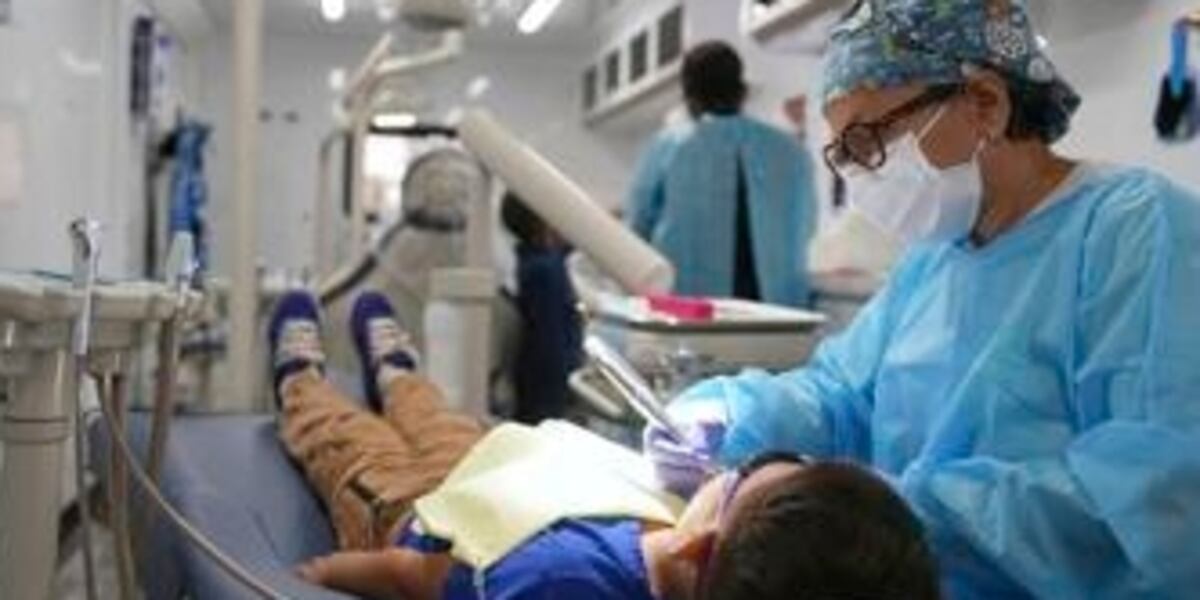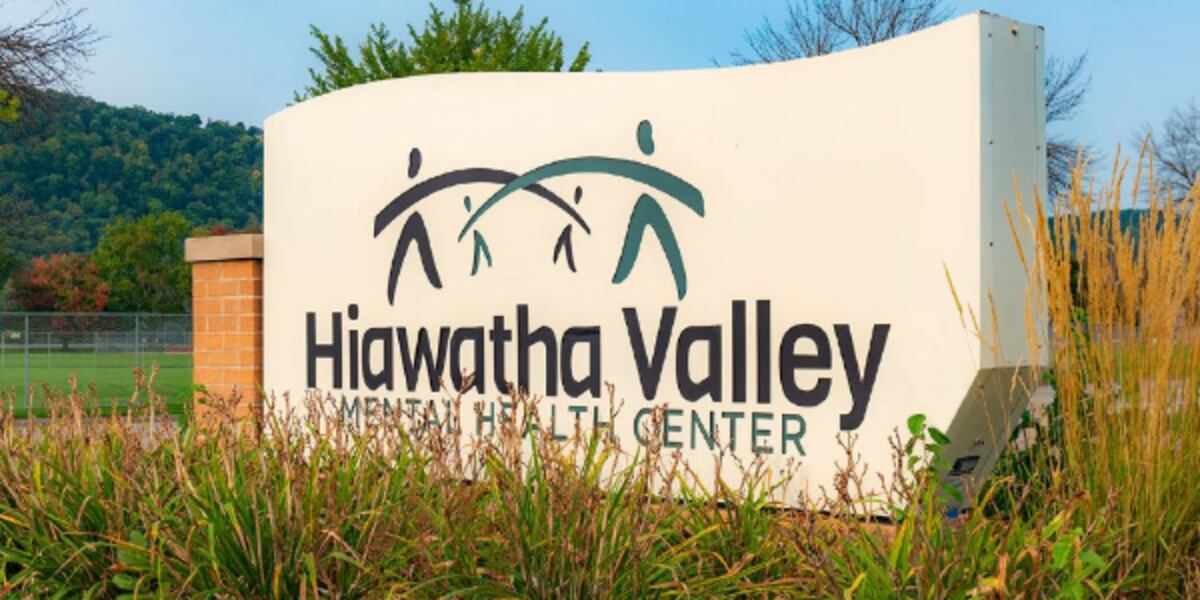Kettering Health Hack: Ransomware Gang 'Interlock' Threatens to Release Stolen Patient Data

Kettering Health Network, a major healthcare provider in southwest Ohio, is facing a serious data breach crisis. A notorious ransomware gang, known as Interlock, has claimed responsibility for the recent cyberattack and is now publicly advertising stolen data, including sensitive patient information, on the dark web.
This alarming development follows a week of disruptions to Kettering Health's operations. The network experienced significant IT issues, including cancelled appointments, diverted ambulances, and delays in patient care. While the healthcare provider initially attributed the disruptions to a cyber incident, they have remained relatively tight-lipped about the specifics.
The Interlock Group's Claim and Data Offerings
Now, Interlock has broken its silence, taking full responsibility for the attack. They are actively marketing a substantial trove of stolen data, allegedly obtained from Kettering Health's systems. The information reportedly includes a wide range of patient details, which could encompass names, addresses, dates of birth, medical records, insurance information, and potentially even social security numbers. The scale of the potential data compromise is significant, raising serious concerns about identity theft and other malicious activities.
Interlock is using a dark web marketplace to showcase and sell the data, further amplifying the risk of widespread exposure. Cybersecurity experts warn that this public display is a common tactic employed by ransomware groups to pressure victims into paying a ransom to prevent the release of stolen information.
Kettering Health's Response and Investigation
Kettering Health has confirmed the Interlock claim and stated that they are working with law enforcement and cybersecurity specialists to investigate the incident and mitigate the damage. They have engaged a leading cybersecurity firm to assist in their response efforts and are taking steps to enhance their security posture to prevent future attacks.
“We understand this is a concerning time for our patients and community,” a Kettering Health spokesperson stated. “We are committed to being transparent and will continue to provide updates as they become available. We are urging individuals who may have been affected to remain vigilant and monitor their financial accounts and credit reports for any signs of suspicious activity.”
Implications and Future Security Measures
This incident highlights the growing threat of ransomware attacks targeting healthcare organizations. The sensitive nature of patient data makes these institutions particularly attractive targets for cybercriminals. The financial and reputational consequences of such breaches can be devastating.
The Kettering Health hack is likely to prompt increased scrutiny of cybersecurity practices within the healthcare industry. Expect to see a greater emphasis on data encryption, multi-factor authentication, employee training, and robust incident response plans. Furthermore, government agencies are likely to increase pressure on healthcare providers to improve their cybersecurity defenses.
What to Do If You're a Kettering Health Patient
- Monitor your credit reports regularly.
- Be wary of phishing emails and scams.
- Consider placing a fraud alert on your credit file.
- Review your insurance statements for any unusual activity.
The investigation is ongoing, and the full extent of the data breach remains to be seen. However, one thing is clear: the Kettering Health hack serves as a stark reminder of the vulnerability of healthcare systems to cyberattacks and the critical importance of robust cybersecurity measures.






